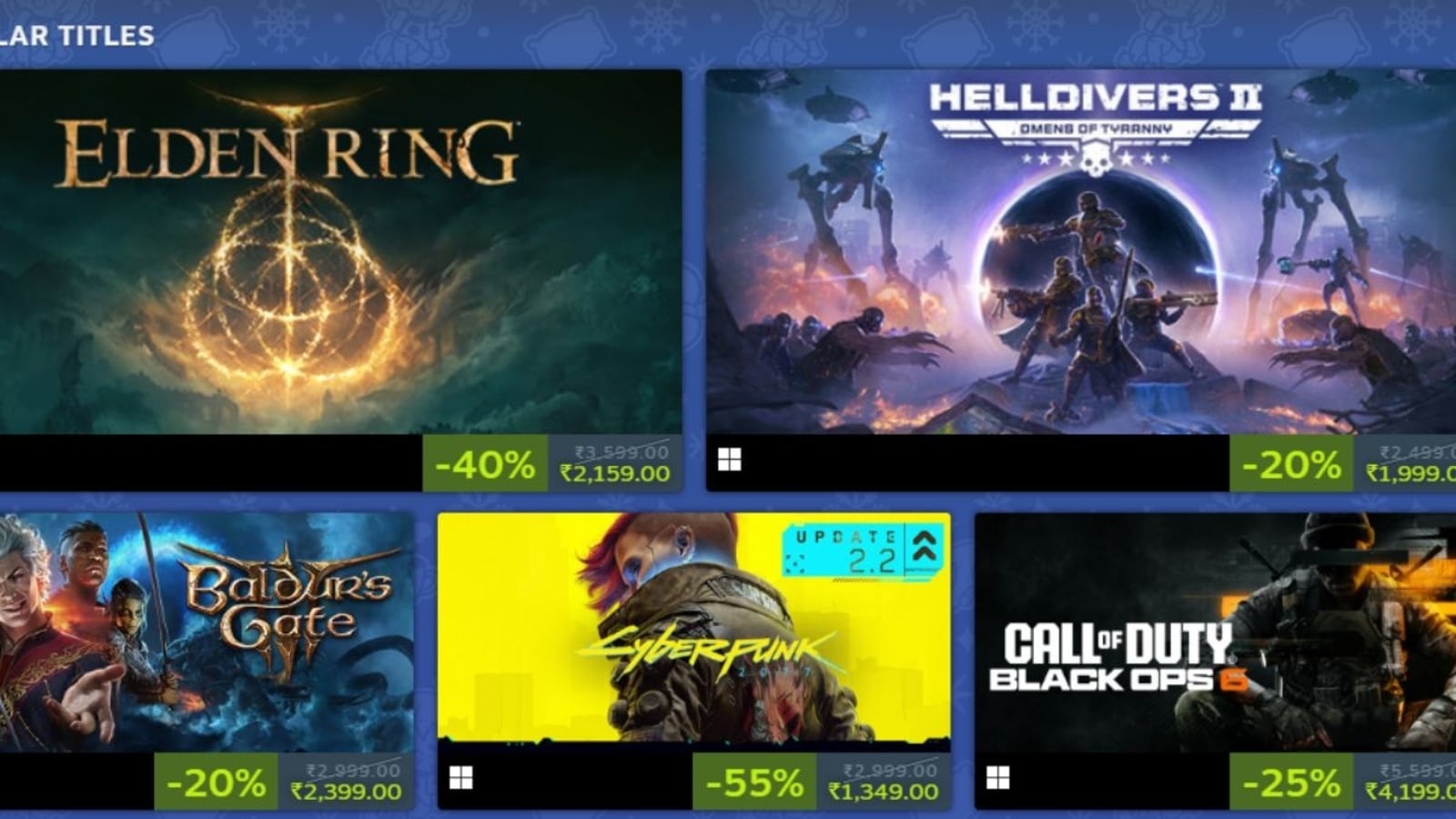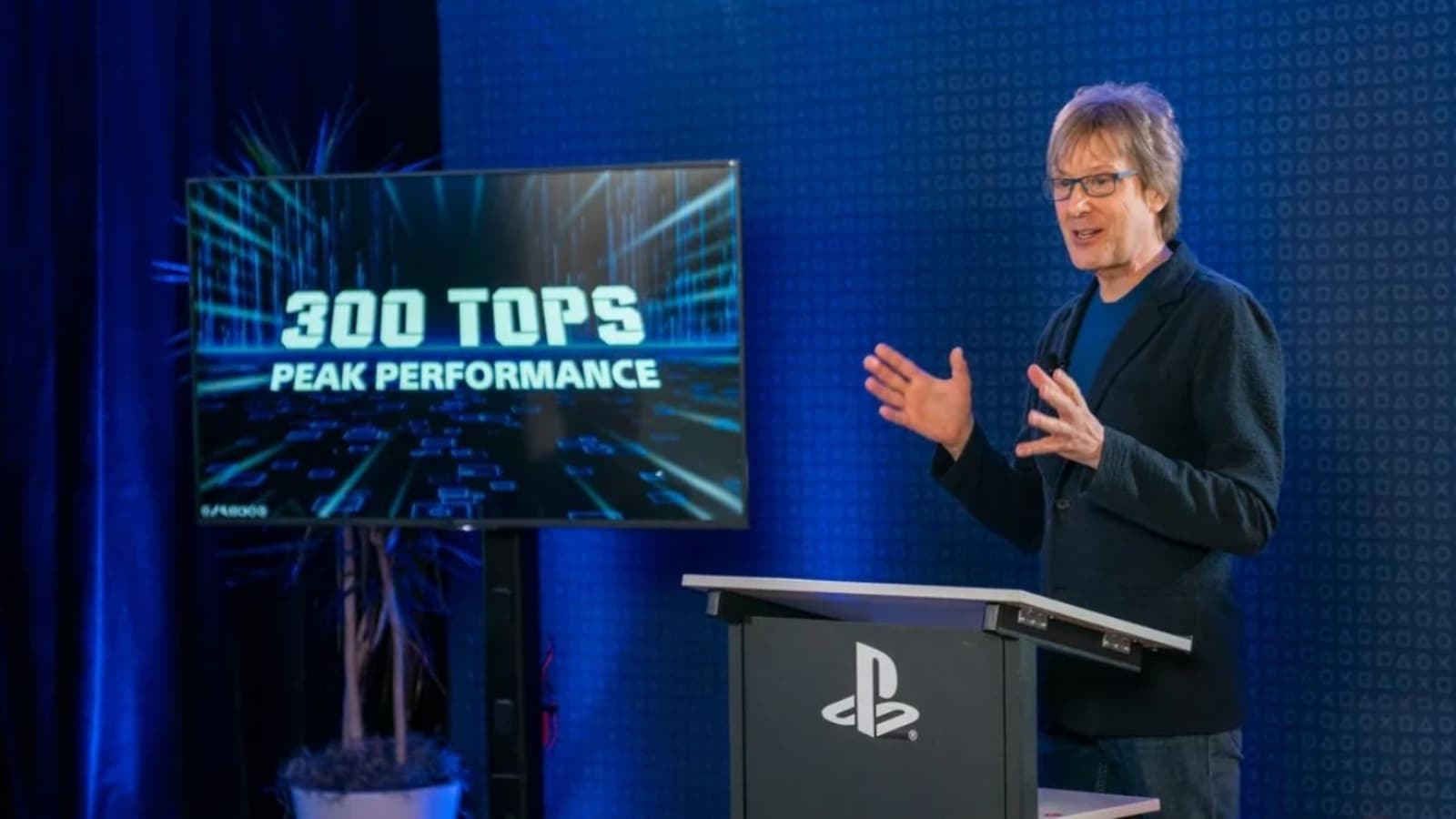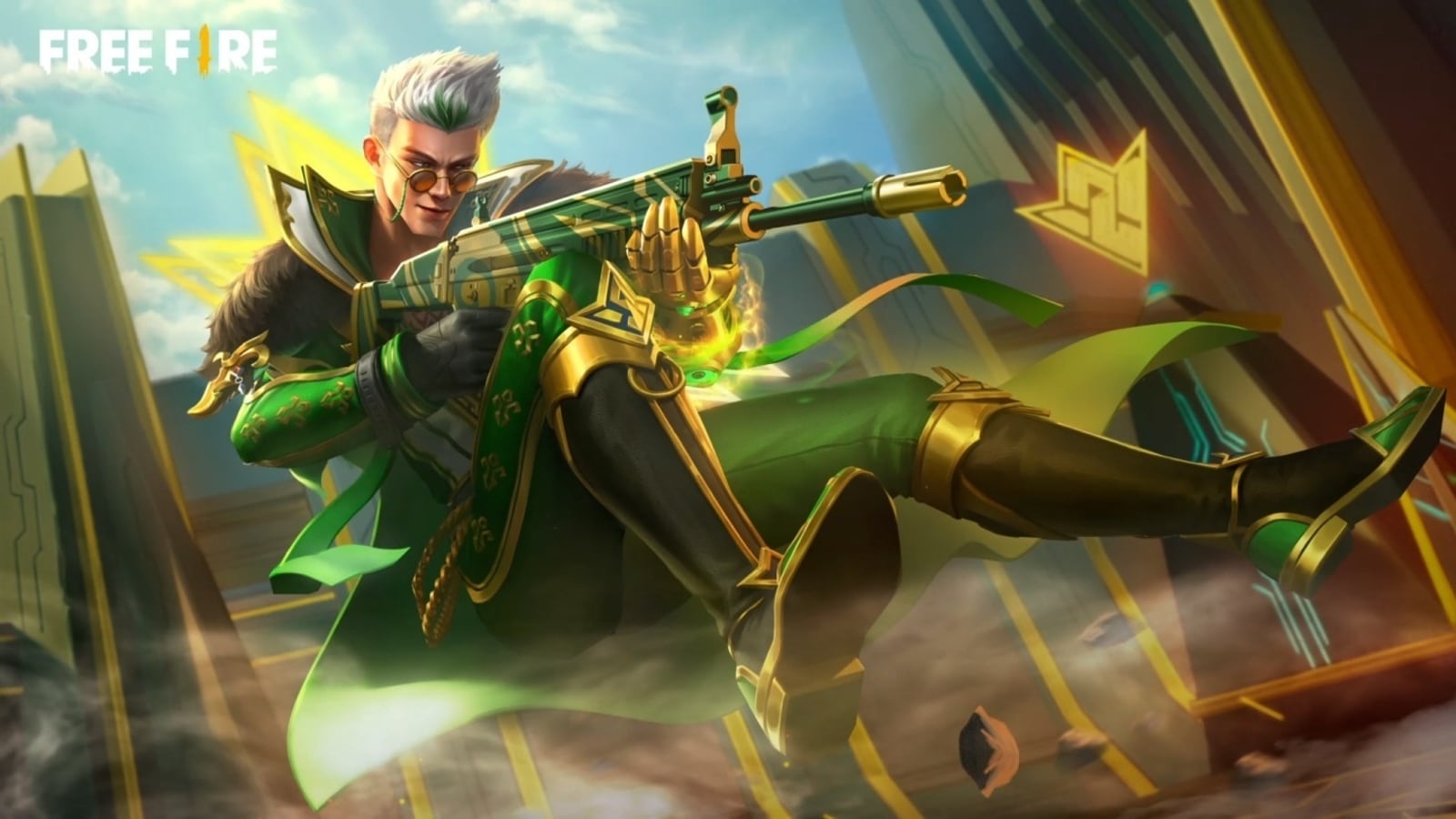WEST PALM BEACH, Fla. — The Houston Astros could easily be pursuing a third consecutive championship. They won the World Series last fall, of course, and lost it the year before to Tyler Matzek and the Atlanta Braves.
Matzek was hardly a headliner for Atlanta. But in a series dominated by relievers, he pitched in all of the Braves’ victories, just as he had throughout the playoffs. Matzek was indispensable, and he was there at the insistence of Atlanta’s vice president for scouting at the time, Dana Brown, who was hired as general manager of the Houston Astros this off-season. Brown had a hunch about Matzek, a once-heralded prospect making a comeback with the AirHogs of Grand Prairie, Texas, who had the worst record in their league.
“Dana called me from the Area Code Games in August,” said Alex Anthopoulos, Atlanta’s general manager, referring to an amateur baseball showcase event. “He had — unprompted, on his own — sent one of his scouts to go watch Tyler Matzek in independent ball, and he said, ‘We need to sign this guy.’
“The minor league season was almost over, and I’m like: ‘Dana, we’re going to sign this guy to a minor league deal for three weeks? I don’t see the point.’ But he was adamant, pounding the table: ‘You’ve got to do this.’”
Two years later, Matzek was striking out the side at Minute Maid Park in the eighth inning of the decisive Game 6 of the World Series. Middle relievers do not anchor championship teams, but the drive to look everywhere for talent, and the conviction to trust yourself and your staff, made Brown stand out for a general manager job.
It took only about three decades.
Brown, 56, is the only Black general manager in Major League Baseball. (Kenny Williams is the executive vice president of the Chicago White Sox, outranking that team’s general manager, Rick Hahn.) Brown had interviewed to lead a team’s front office twice before, with Seattle and the Mets, but this was the first time he had spoken with a team owner during the process.
Jim Crane, the Astros’ owner, was surprised to learn that Brown lived in New Jersey, where he had starred for Seton Hall before a front office career for teams in Pittsburgh, Montreal, Washington, Toronto and Atlanta. Brown explained that he traveled a lot.
“I said, ‘Well, how many days did you travel last year?’ — and he said 252,” Crane said. “And I said, ‘This is my man right here!’”
Brown, at long last, is relocating. He will spend much more time in an office now, and said he hoped this would be his last job before retirement.
“I’m in striking distance,” he said last week, in an office overlooking left field at the Ballpark of the Palm Beaches. “I think I can do it. Win a couple more rings, have a good run in the postseason for the next 10 years and see what happens.”
Winning is only part of the job. The first general manager Crane hired, Jeff Luhnow, built a sustainable juggernaut before Crane fired him in early 2020 after revelations of a sign-stealing scandal that marred the Astros’ 2017 championship. Luhnow’s successor, James Click, presided over last year’s title but left in November after a tepid one-year offer to return, highlighting a deep divide with Crane.
“There was a lot to that that probably won’t ever be discussed in making those changes,” Crane said. “But I think I made the right decision. I was close to it throughout the season and watching it. I think we’re in a really good spot now.”
Crane directed much of the Astros’ off-season, spending a combined $105 million to add first baseman José Abreu in free agency and re-sign outfielder Michael Brantley and reliever Rafael Montero. He worked closely with his Hall of Fame advisers, Jeff Bagwell and Reggie Jackson, and another, Craig Biggio, gave a strong endorsement of Brown, his old Seton Hall teammate.
Crane said the franchise’s highly successful emphasis on data, instilled by Luhnow and maintained by Click, would not change: “We’re holding strong; we’re always focused on that,” he said. And despite waiting until January to hire Brown, Crane insisted he was thrilled to give up the responsibility of leading baseball operations.
“I was just trying to make sure we got the right people in the right spots, that’s all I was doing,” Crane said. “I never wanted to be the G.M. I wasn’t looking for the attention. I like it the way it is now — I check in with the guys, ‘If you need anything, you call me.’ I told Dana: ‘You’re running the show.’”
Running — on the basepaths, that is — was Brown’s first useful skill in the game. He played three seasons in the minors for the Philadelphia Phillies, with 82 stolen bases but only four home runs. The farm director, Del Unser, released Brown as a player but hired him as a coach in the same conversation.
Brown was soon scouting for the Pittsburgh Pirates and got his break in 2002, when M.L.B. took over the Expos after their owner, Jeffrey Loria, bought the Marlins and took most of his front office to Miami. Commissioner Bud Selig hired Omar Minaya as Montreal’s general manager, and as Minaya scrambled to assemble a staff, he remembered the scrappy outfielder he had scouted at Seton Hall.
“He was a young guy I thought had potential, because as a player, he had leadership qualities,” Minaya said. “He was kind of the captain of that team. I thought he was the kind of guy you could mentor, in the sense of evaluation. Some people just need a chance. And let’s not kid each other, as an African American, it’s hard to get chances sometimes.”
Minaya gave chances to others with more unusual backgrounds, cobbling together a front office that also included Perry Minasian, who had started out as a batboy and clubhouse attendant for the Texas Rangers, and Anthopoulos, a Montreal native who had paid his way through scout school but was running out of money.
Brown elevated Anthopoulos from intern to full-time hire (“Dana got a little bit of grief for giving me $25,000 — things were really, really bare bones,” Anthopoulos said, laughing), and Anthopoulos eventually moved on to the Blue Jays. As their general manager, Anthopoulos hired Brown and Minasian, who became general manager of the Los Angeles Angels in 2020. Brown predates both in the game, but waited the longest for his chance.
Hiring people of color has been a vexing problem for M.L.B., which has pipeline programs to encourage diversity but cannot demand specific hires by its teams. Brown said he always sensed a sincerity from Selig and his successor, Rob Manfred, who reassured Brown after his impressive, but unsuccessful, interview with Seattle and congratulated him after his hiring in Houston.
“To be able to hug Manfred and say, ‘Hey, you were right,’ it was unbelievable,” Brown said. “So you don’t take it lightly because you know there were people throughout your career who were pulling for you, and kept reminding you that, ‘Hey, there’s an opportunity coming.’ And then when you get the opportunity, it’s like: ‘OK, it’s time to roll. It’s time to use everything that I’ve learned and apply it.’”
Brown’s final flourish in Atlanta was an owner’s dream: Not only did he draft center fielder Michael Harris II and starter Spencer Strider, who finished first and second in National League voting for the Rookie of the Year Award last season, but both players signed long-term contract extensions.
The skill to find talent and keep it will determine Brown’s legacy with the Astros. He has already spearheaded a long-term deal for starter Cristian Javier (five years, $64 million), and said he plans to be in contact with Scott Boras, the agent for the cornerstone infielders Jose Altuve and Alex Bregman. Those players can be free agents after 2024, with outfielder Kyle Tucker and starter Framber Valdez eligible the following year.
Player development has been critical for the Astros, who have lost stars to free agency — George Springer, Carlos Correa, Gerrit Cole — but replaced them with high-impact prospects. But as part of their punishment for the sign-stealing scandal, the Astros were stripped of their top two draft picks in 2020 and 2021.
If the team withers in the coming years, the loss of those players — whoever they might have been — could be an important reason. In that case, Brown understands, the blame will fall to him. His mandate, his path to a happy retirement, is to make sure that never happens.
“People are not going to do the digging and the homework and say, ‘Well, it wasn’t him, there was this gap,’” Brown said. “They’re just going to say: ‘Oh, you had a good team, and then the team fell down. What happened?’ So I have to fill that gap but without complaint — which I’m fine with. I’ll take the challenge.”

























